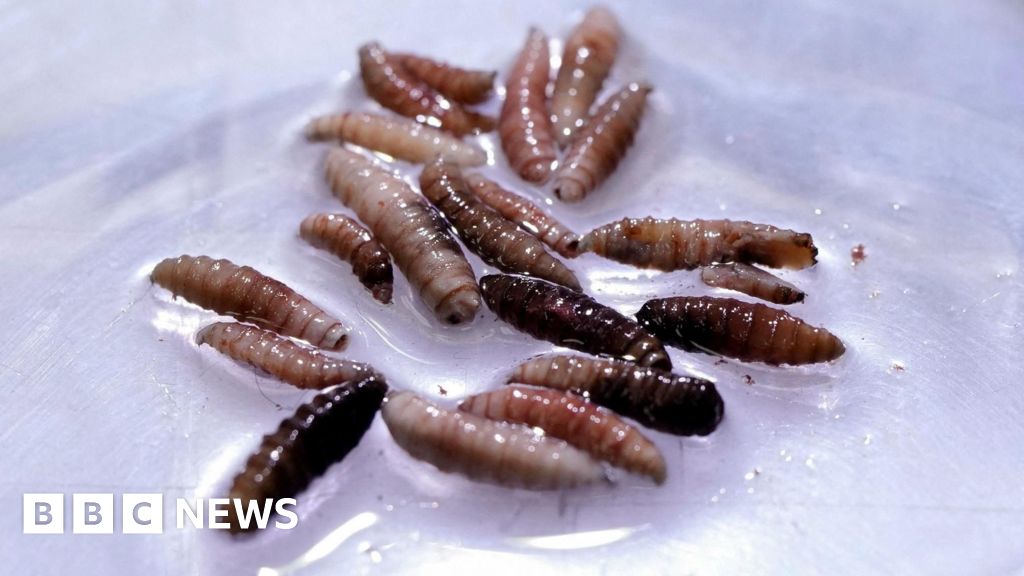The number of animals infested with New World screwworm (NWS), a flesh-eating parasite, has risen by 53% in the four weeks to mid-August, according to Mexican government data.
While infestations primarily affect cattle, cases have also been reported in dogs, horses, sheep, and humans. Local media indicate that dozens of individuals have received treatment in hospitals across the southern states of Campeche and Chiapas.
This rise in affected animals coincides with reports from US health authorities confirming the first human case in a patient who returned from El Salvador.
NWS was declared eradicated in the US in 1966 after the release of sterile male flies disrupted the reproductive cycle, with Mexico following suit in 1991. However, it remains prevalent in tropical regions of Central and South America and has been spreading north; the first new case in Mexico was reported in November 2024.
Female New World screwworm flies (Cochliomyia hominivorax) lay their eggs in or near open wounds of warm-blooded animals, leading to the larvae hatching into maggots that burrow into the host, feeding on living tissue. This infestation, known as myiasis, can be severe and potentially fatal if untreated, given the damage the larvae can cause.
While fatalities in humans are uncommon, individuals with existing health issues, particularly the elderly, should exercise heightened caution. In July, an 86-year-old woman in Campeche succumbed to cancer worsened by screwworm larvae infestations.
Those most at risk include individuals working with livestock and those residing in rural areas with affected livestock. The US Centers for Disease Control and Prevention (CDC) warns that visitors to regions with screwworm presence should remain vigilant for symptoms like unexplained skin lesions and feeling larvae movement within a wound.
Experts stress the importance of prevention in high-risk areas, such as keeping open wounds clean and using insect repellent. Anyone suspecting an infestation is advised to seek immediate medical help.



















